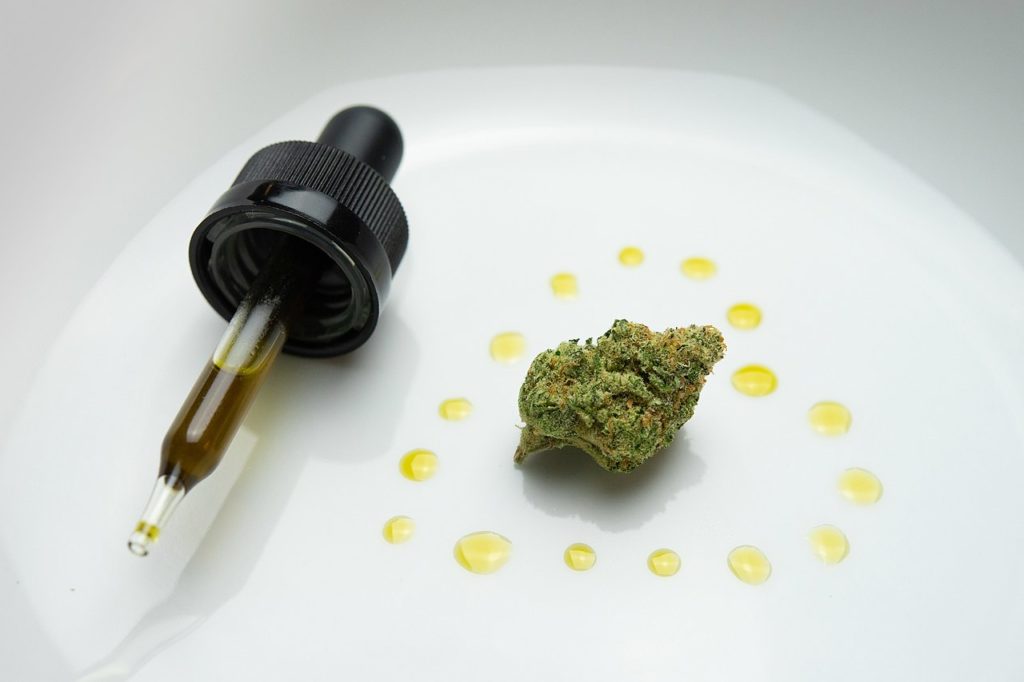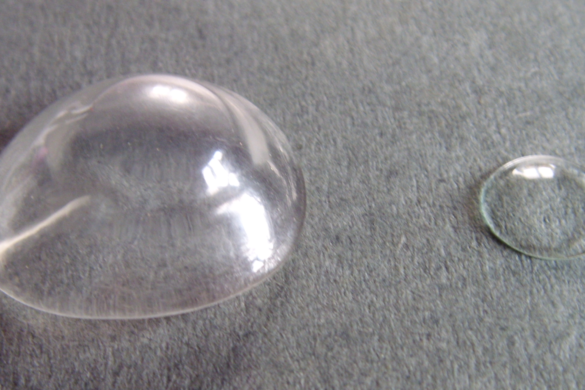
CBD oil has recently grown in popularity due to its many therapeutic effects, and its many endorsements among both everyday people and celebrities. Entire pages and communities exist on social media platforms that promote the usage of CBD oil and educate the public on its numerous advantages.
CBD, or cannabidiol, is one of the many compounds of the cannabis plant and, when used, is non-intoxicating and does not cause any euphoric effects, unlike THC (another compound found in cannabis). Some products do run the risk of containing trace amounts of THC, but high-quality manufacturers, like Evopure, produce CBD oil from hemp plants which contain no THC at all.
While the therapeutic use of CBD may be effective, there is no proof that CBD is a cure for any ailment. Although a significant amount of promise is shown, there is still work to be done. Let’s analyze how CBD helps in treating certain ailments, and the scientific endorsement behind it.
EPILEPSY
To start on a positive note, there has been a promise when it comes to CBD oil’s effectiveness in the treatment of epilepsy. While not a broad-spectrum treatment for epilepsy in general, the FDA recently approved a drug by the name of Epidiolex, which is made using a concentrated form of CBD oil. The drug has been approved for the treatment of Lennox-Gastaut syndrome and Dravet syndrome for patients aged 2 years and older.
ANXIETY
Like epilepsy, CBD usage has also been endorsed (to an extent) by the scientific community when it comes to treating anxiety. Neurotherapeutics carried out a review of clinical trials, epidemiological studies, and experimental research, pertaining to CBD and its effectiveness in the treatment of anxiety. Even though human-based research was fairly limited in all these studies, the review found that CBD could help in the treatment of a range of anxiety disorders including generalized anxiety disorder, social anxiety disorder, obsessive-compulsive disorder, and post-traumatic stress disorder
ADDICTION
Due to limited evidence suggesting that CBD, in its purest form, can block the effects of THC on the brain, many endorse as being beneficial for those suffering from addiction issues. Published studies have pointed out that CBD could potentially have positive effects in the therapy of people suffering from cocaine and opioid addiction.
HEART HEALTH
In 2017, JCI insight published a study where researchers identified a connection between CBD and stress-induced blood pressure. Those taking CBD were found to have lower blood pressure before and after a stressful event. This could be chalked up to CBD’s effect of calming and relaxing the body, rather than a medical or physiological connection between CBD and blood pressure as an ailment.
SIDE EFFECTS
While limited, research has shown that there are certain side-effects of using CBD on a regular basis. These include anxiety, changes in appetite, mood swings, dizziness, drowsiness, diarrhea, nausea, and vomiting. There has also been a concern that CBD oil can cause increased liver enzyme levels which can cause serious health complications.
Proponents have argued though that these problems are caused due to high dosages and interactions with other synthetic medications. Therefore, it’s always a good idea to consult with your physician before you start using CBD oil.









